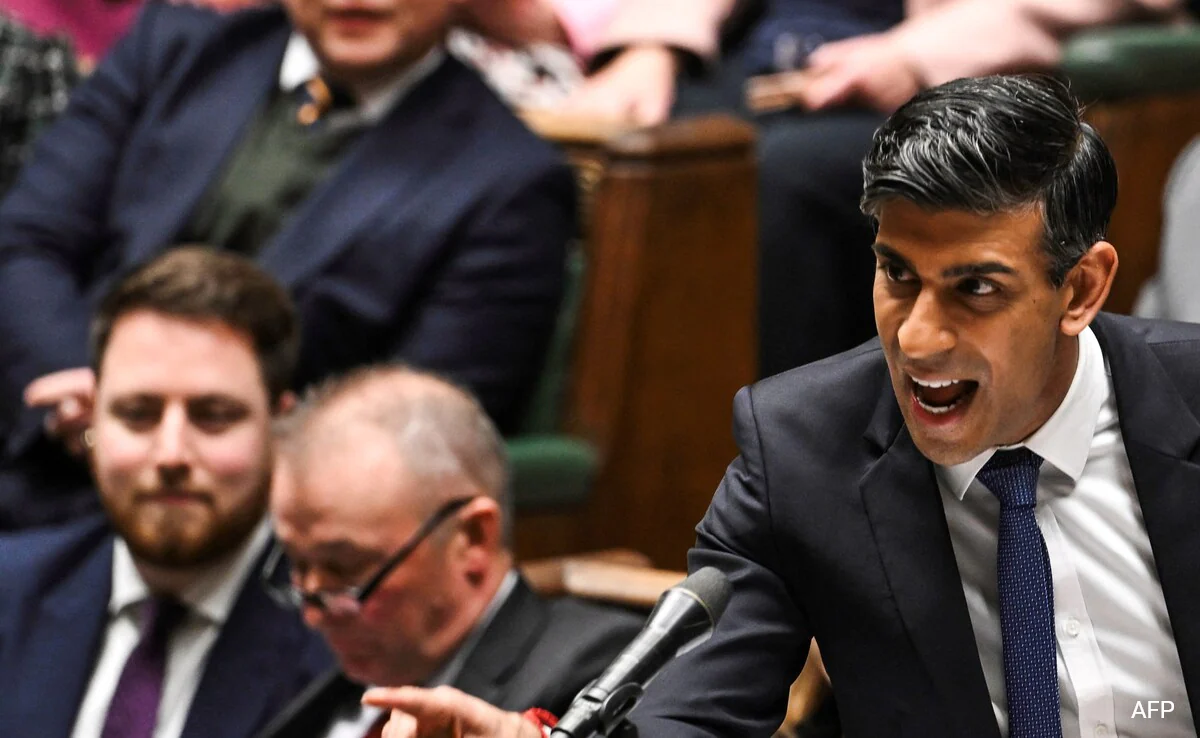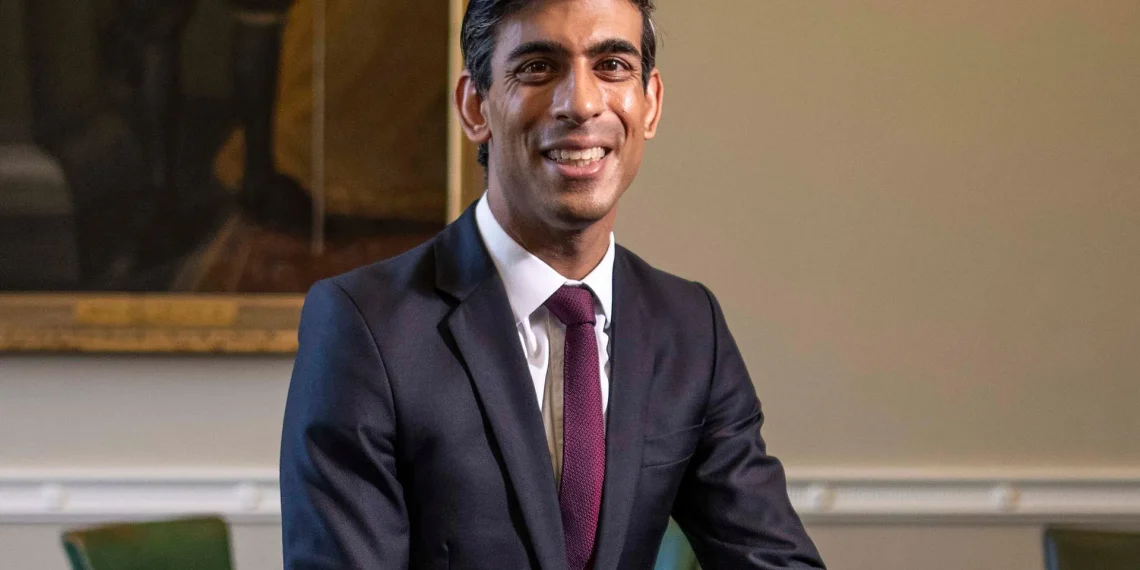In 2024, British politics anticipates a much-needed election amid persistent challenges. While Prime Minister Rishi Sunak isn’t obligated to call an election until December 17, 2024, the prevailing Conservative government’s mandate from 2019 feels disconnected from the current tumultuous era marked by a cost-of-living crisis, high inflation, public service strains, and housing shortages.
Sunak, who succeeded Liz Truss in 2022, inherited significant issues and aimed to stabilize the government. However, political challenges abound. Sunak faces pressure from the right wing within his party, especially loyal Johnsonites who view him with suspicion due to his role in Johnson’s departure. Balancing between appeasing the party’s right and projecting a stable, technocratic image to the wider public presents an intricate challenge.
The political landscape is further complicated by Sunak’s decision-making, oscillating between pleasing the right with the abandonment of HS2 and the appointment of liberal David Cameron as foreign secretary. Media criticism, internal party divisions, and low polling numbers for the Conservatives underscore the difficulties facing Sunak’s leadership.

The delay in calling for an election seems strategic, potentially influenced by a desire to wait for improved polling numbers. While allies support Sunak’s approach, critics argue it reflects irresponsibility and internal party disarray. Despite the ongoing challenges, Sunak might be betting on a last-minute turnaround in public sentiment.
As the Conservative Party grapples with infighting and potential defeat in the next election, the looming question is whether the UK can afford to wait much longer before giving the public a voice in its governance.





